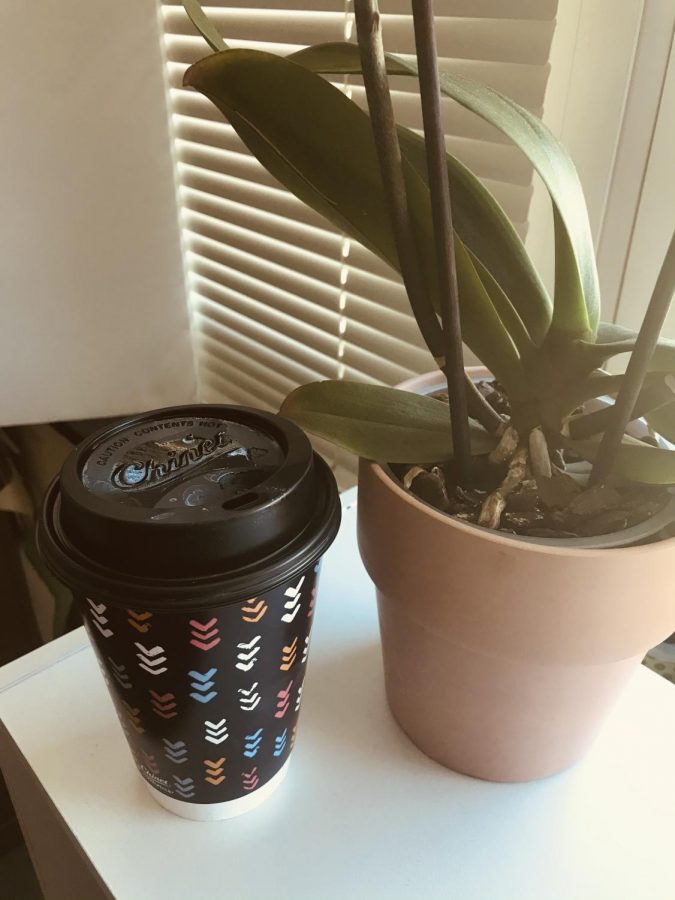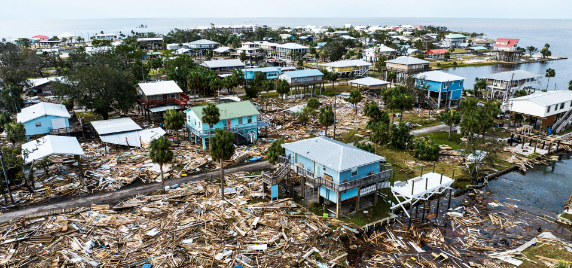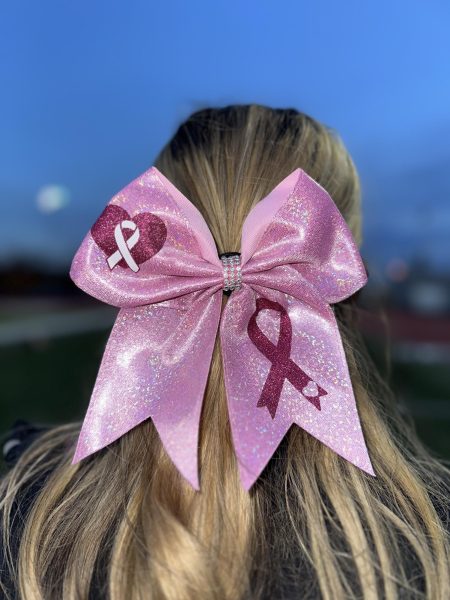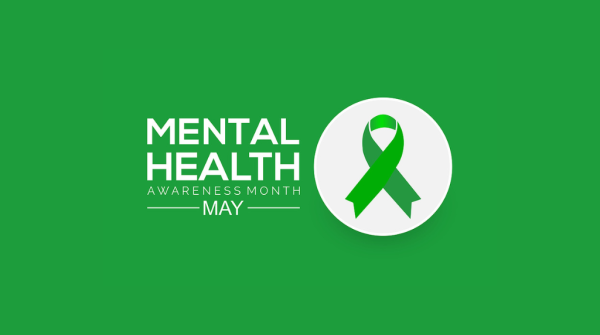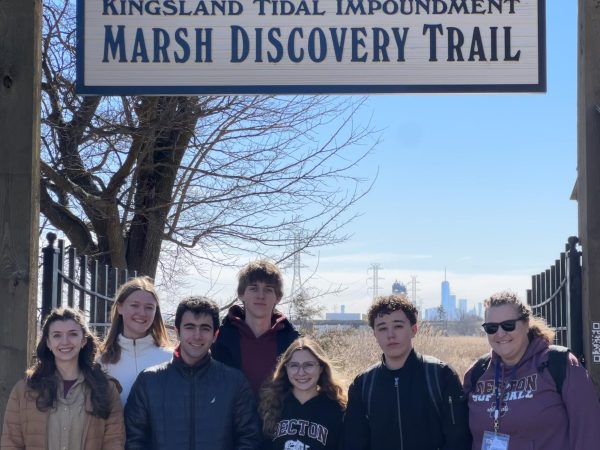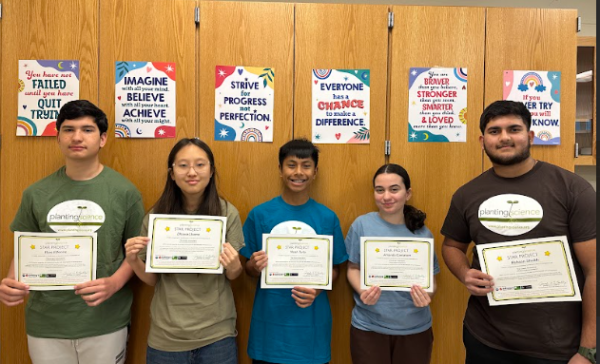Editorial: That Starbucks is Waking You Up…but is it Doing More Harm than Good?
Coffee cups are a usual site on a teacher’s desk and young people often use caffeine to stay energized while studying.
Picture this typical scene at a local coffee shop: the aroma of coffee fills the air and can easily make a person hungry. On the right consists a long line; most of those in line are here on a regular basis. On the other side, workers are calling customer’s names and setting beverages on the counter. People drift out of the store with their warm cups, eager to take off their masks and enjoy. As you walk out to your car, you sneak a few sips, but that bitter taste in your mouth is more than the beans. Caffeine is a danger lurking beneath the whipped cream and caramel topping.
Caffeine is one of the most addictive drugs in the world. Since the 20th century, the popularity of caffeine within the United States has outweighed any other country. There are some benefits of consuming caffeine, when it is consumed in moderation, however, the number of people being diagnosed with diseases that are related to caffeine use is increasing. Caffeine is being used as a substitute for nutrients, water, and sleep. There is still hope for Caffeine addicts out there, as alternatives are available to keep you energized.
Mrs. Gatto, the Wellness expert at Becton, expresses, “Americans are too dependent on caffeine.” The average person is accustomed to drinking a cup of coffee or two before going to work or school. Some people drink up to 5 cups of coffee each day. Caffeine consumption is very common among adults and teenagers, but little do they know that it is affecting them in the long run.

Caffeine is a stimulant, which means that it directly affects the nervous system, so this can be good for some psychological problems that people may have. According to Harvard Health Publishing from Harvard Medical School, In the Buzz About Caffeine and Health, “Caffeine may protect against dementia including Alzheimer’s disease.” Additionally, it gives energy, so it can reduce fatigue and help people exercise. For instance, a person who normally runs one lap per day might increase their energy and be able to run 2 laps. Furthermore, other diseases can also be prevented by caffeine. For instance, type 2 diabetes, Parkinson’s disease, and liver disease can be prevented by drinking coffee.
Although these benefits may seem promising, caffeine consumption also has its downfalls. When high doses of caffeine are consumed, blood pressure and heart rates increase. This can be extremely harmful to those with heart disease. Health teacher, Mr. Daniello, noted, “Heart complications and nervousness are a result of overusing caffeine.” Is a permanent heart problem worth the risk of not feeling fully energized in the morning? In addition to cardiovascular problems, reproductive health can also be negatively impacted. “Women who consumed 31–250 mg of caffeine/day had a 1.5-fold increase in the odds of developing fibrocystic breast disease and women who drank over 500 mg/day had a 2.3-fold increase in the odds of developing cysts” (Caffien Informer). The fertility of women is also known to be reduced when large amounts of caffeine are consumed and Menopause symptoms also worsen. A study in the Nutritional Journal revealed that men who drank more than four cups of coffee per day had a higher risk of having abnormally shaped sperm. Lastly, caffeine is known to cause insomnia (a sleep disorder).
The worse effect of Caffeine is an addiction, for when an individual suddenly withdraws from caffeine, anxiety, drowsiness, and irritability can occur. In some instances, people develop tremors from suddenly not intaking caffeine when they are accustomed to it.
The good news is that there are alternatives! Mrs. Gatto explained, “People can increase energy by stretching, doing any activity can get the heart pumping and give energy all day, and try to do it in natural light. Some yoga poses are the downward dog, catward, cobra pose, and half-tortoise pose.” Although this can be time-consuming, we have time if we make time. Mrs. Gatto also suggested that if anybody is tired in the morning, he/she can drink a glass of water, herbal tea, or caffeine-free mushroom coffees. An individual can also jumpstart their energy by having a large breakfast. If the breakfast does not have a lot of sugar, it will not be absorbed so quickly and this will provide more energy. Mr. Daniello added, “there are some alternative caffeine supplements that are available at the drugstore.”
Caffeine use is detrimental to people’s health. As mentioned before, caffeine is a very common component of the average person’s life but those in line at the local Starbucks may not be aware of the long-term effects. People should cut out caffeine as much as they possibly can and inform others about the side effects of caffeine. Mr. Daniello strongly expresses, “Be able to tell how much caffeine is enough” If you need caffeine to function, you may already be on your way to addiction.
Arfa is a member of the Cat’s Eye View and she is a sophomore. She is a creative, hardworking, and dedicated journalist. She is also a member of the...


